
I know it is only the end of October but it is time to get the homestead ready for winter and all that means. Here in the northwoods it means cold temperatures and snow, sometimes a lot of snow. There will come a point when the daytime temperatures do not get above freezing for days on end. At the heart of winter in January and February we can get below zero here at the homestead.
This week has been very busy with several projects getting done in preparation for winter. As you can see from above one was getting the bee hives wrapped with tar paper. I know it is not pretty but it serves the purpose. On the left hive you can see the hardware cloth over the lower entrance. This is to keep mice and voles out of the hive. They would love to nest in the cozy warm hive with free food during the cold. The tar paper keeps the wind from being able to get into the hive where the different super boxes meet. Cold wind can kill a hive very quickly. The black also helps to absorb what heat the sun will provide on cold days. At the top you will see another small upper entrance. When the snow gets deep the bees are still able to exit the hive to do a cleansing flight if we have an occasional warm day.
Bees only leave the hive when the outside temperatures get above 45 degrees or so. That means that they are retaining all their excrement until such a day. When there is a winter day that is warm enough they will all make a run to the outhouse. The snow around the hive will be dotted with hundreds of brown spots where the bees have been able to relieve themselves. To me as a beekeeper this is a welcome sign, it means that the hive is still alive and has made it through the winter, at least to that point.
Ken and I are really excited to attend the Maine State Beekeepers Association's annual conference in a couple of weeks. It will be our first time attending and we hope to glean a lot of wisdom from much more experienced beekeepers.
We did the hives late in the week but the week started out with processing our broilers. Again we had 25 Red Rangers on pasture from mid July. I kept two of the hens and put them in with my layers. One I call Buffy, she was an unusually light color so I wanted to keep her. The other was just so she would have a familiar face when they were integrated into the laying flock.
The broilers that were processed earlier in the summer were all frozen whole so we decided that these would be cut up and frozen in pieces. I packaged side breasts, leg quarters and wings. It is a little more work but the packages sure take up much less room in the freezer than the whole birds. I think we will like having the variety of chicken to choose from.
Part of why it was nice to have the chickens take up less freezer space is that this week was also when the pigs were delivered to the processor. Although we process our own chickens we have not yet taken the step to do our own pigs. Besides that we had FIVE this year. That is a lot of pork. Some were raised for other folks but we will still have plenty to fill the rest of the space in the freezers.
Getting livestock into the stock trailer does not always go as planned. Thank the Lord that we were able to borrow a large stock trailer with two sections from a friend. We knew that five pigs, all weighing over 250 pounds, were not going to fit into the two horse trailer that we own. It is funny but each animal has their own personality and right from the beginning we had one that we called Lazy. She would not go out into the yard when the rest did and she preferred to take more naps that the others. Don't get me wrong, she ate just as much as the others but she was not as motivated by food at the other four. There is the dilemma. With a couple cans of food and a few apples the other four happily jumped up into the trailer to get their breakfast. Not Lazy. Fortunately the trailer had a middle divider that could be closed. We closed the four into the front part of the trailer and started the long process of trying to convince Lazy that she also wanted to get into the trailer to get breakfast.
Long story short, and just to point out that animals cannot always be convinced to do what you want, we ended up having to dispatch Lazy, bleed her out, load her in the trailer with the tractor and take her to the processor that way. This is not the way we would have chosen but sometimes you have to do what is necessary to take care of business on the homestead.
Homesteading is not for the faint of heart and sometimes you have to do things that you would rather not in a way you would rather not but that is the way life can be. Do what needs to be done and move on to mucking out the turkey pen.

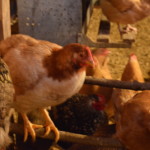
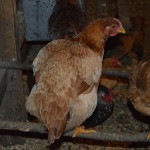
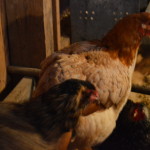
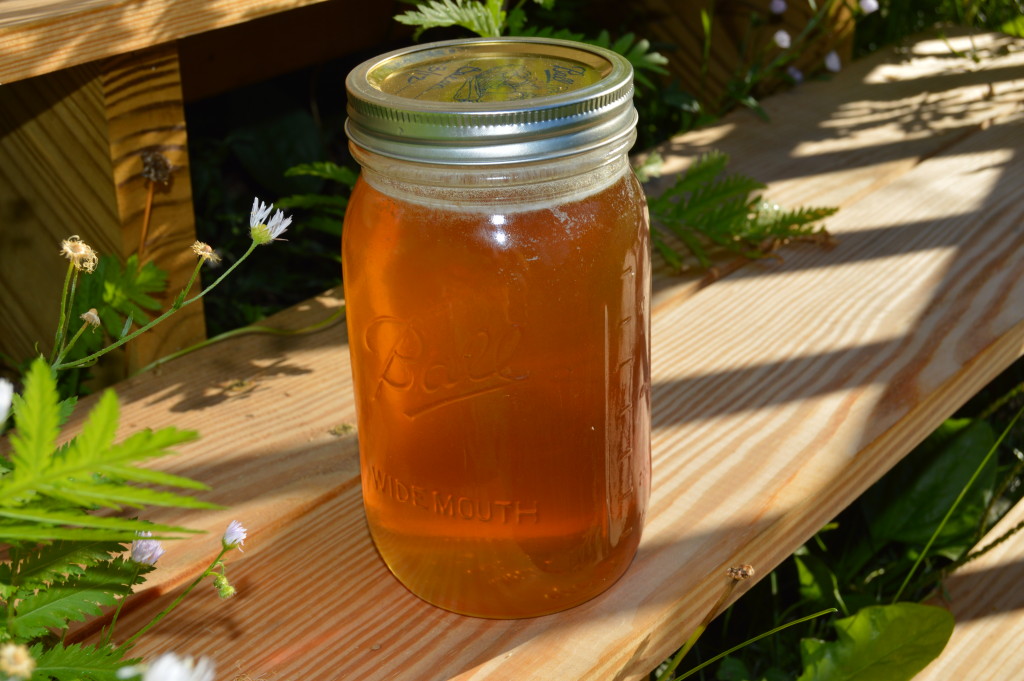
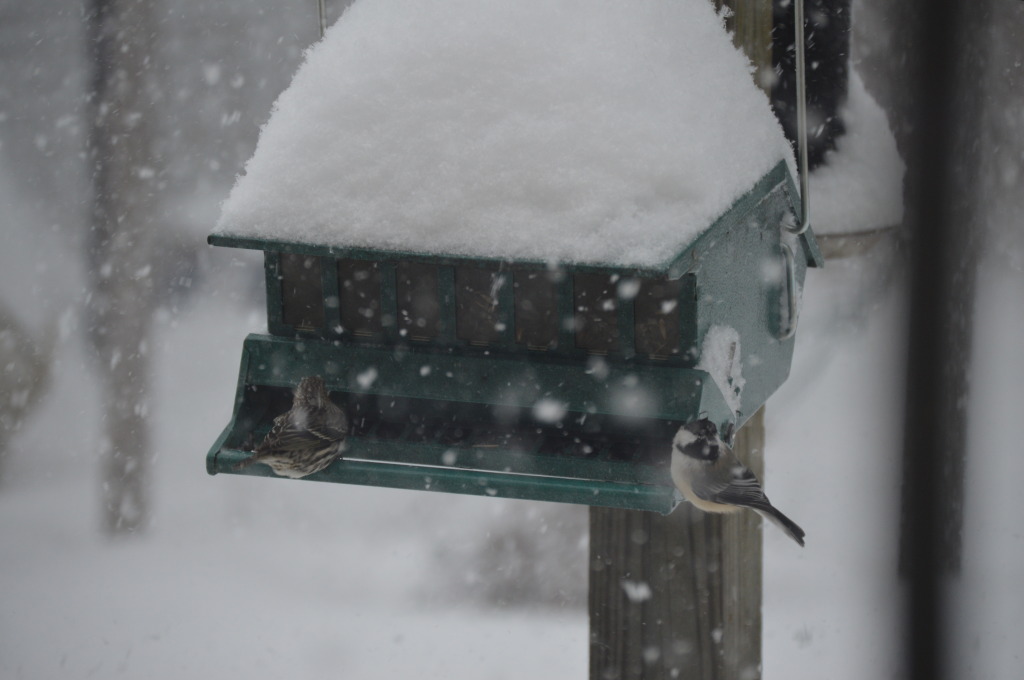 Well, apparently they are pretty much right on the money for the prediction of weather this winter in New England. We have had three major snow storms in 10 days for a total of around 30 inches here at the homestead. Many places closer to the Maine coast have gotten double that in the same 10 days. Not only have we had a lot of snow but it has been cold and windy. Our high temperatures have been in the teens during this time. And, here we go again with another big one predicted to start this evening and go through Monday morning with another 1 to 2 FEET of snow. The National Weather Service has already issued a blizzard warning.
Well, apparently they are pretty much right on the money for the prediction of weather this winter in New England. We have had three major snow storms in 10 days for a total of around 30 inches here at the homestead. Many places closer to the Maine coast have gotten double that in the same 10 days. Not only have we had a lot of snow but it has been cold and windy. Our high temperatures have been in the teens during this time. And, here we go again with another big one predicted to start this evening and go through Monday morning with another 1 to 2 FEET of snow. The National Weather Service has already issued a blizzard warning.